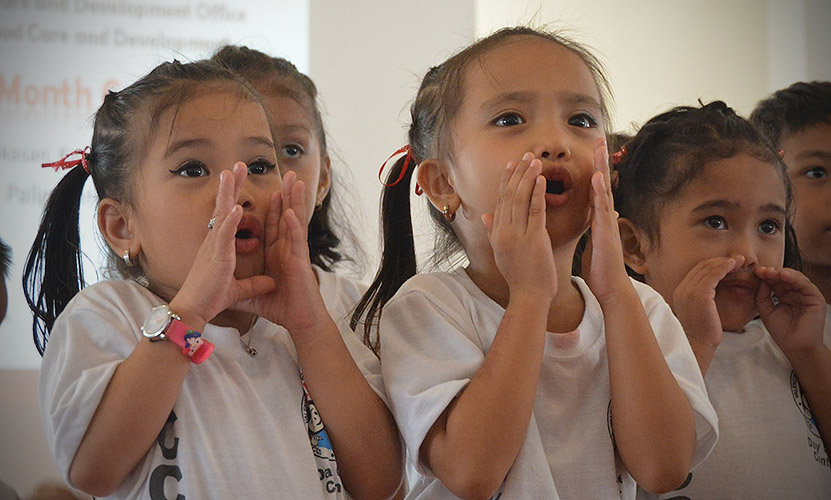Senator Win Gatchalian has filed a bill that will intensify the government’s crackdown on human trafficking.

Senate Bill No. 1794 strengthens Republic Act No. 9208 as amended by Republic Act No. 10364 (Expanded Anti-Trafficking in Persons Act of 2012) to provide standards and guidelines on surveillance, interception, investigation, and prosecution of different forms of human trafficking, including sexual exploitation, prostitution, forced labor, slavery, removal or sale of organs, and pornography.
Gatchalian said that unscrupulous individuals use new methods and tools via the internet to perpetuate their criminal acts, especially on women and children.
The Chairman of the Senate Committee on Basic Education, Arts and Culture flagged that the CoViD-19 pandemic increased the exposure of children to online sexual exploitation. According to the Department of Justice’s Office of Cybercrime, there were 279,166 cases of Online Sexual Exploitation of Children (OSEC) at the height of the enhanced community quarantine (ECQ) in the National Capital region or from March 1 to May 24. The figure is 264 percent higher than the 76,561 reported in the same period last year.
Gatchalian said that in cases involving child trafficking, the regional trial court can provide written order authorizing law enforcers to conduct surveillance and record communications and information involving persons charged with or suspected of trafficking. Law enforcers, however, should establish that a crime of trafficking has been committed, is being plotted, or taking place. Conducting surveillance without a court order is punishable by imprisonment of up to 12 years.
The proposed measure also enumerates the responsibilities of internet service providers (ISPs) and tourism-oriented establishments to report and prevent cases of trafficking. ISPs, for instance, are mandated to install available technology, program, or software to block and filter any access to any form of child pornography. One of the responsibilities of tourism-oriented establishments, on the other hand, is to train their staff to recognize signs of human trafficking crimes so they can report them to law enforcement agencies.
To consolidate all government efforts against human trafficking, the Inter-Agency Council Against Trafficking (IACAT) will be reorganized to include the National Bureau of Investigation (NBI), Department of Health (DOH), Department of Information and Communications Technology (DICT), Department of Transportation (DOTr), and Overseas Workers Welfare Administration (OWWA). The IACAT is chaired by the Department of Justice (DOJ) while the Department of Social Welfare and Development (DSWD) serves as co-chair.
According to the IACAT, 96 percent of 560 convictions related to trafficking in the Philippines from 2005 up to June this year were related to sex trafficking. Out of 1,256 victims of these cases, 715 or 57 percent are minors, 1,175 or 93 percent were females, and 81 or seven percent were males.
“Napapanahon nang patatagin natin ang batas upang sugpuin ang human trafficking sa bansa, lalo na’t nakita nating ang mga kabataan at kababaihan ay nasa higit na panganib. Maliban sa mas malakas na sistema para sa pagtugis sa mga kriminal, bahagi ng repormang isinusulong natin ang mas malawak na pakikipag-ugnayan sa mga ahensya ng ating gobyerno upang masiguro natin ang kaligtasan ng ating mga kababayan,” said Gatchalian.


